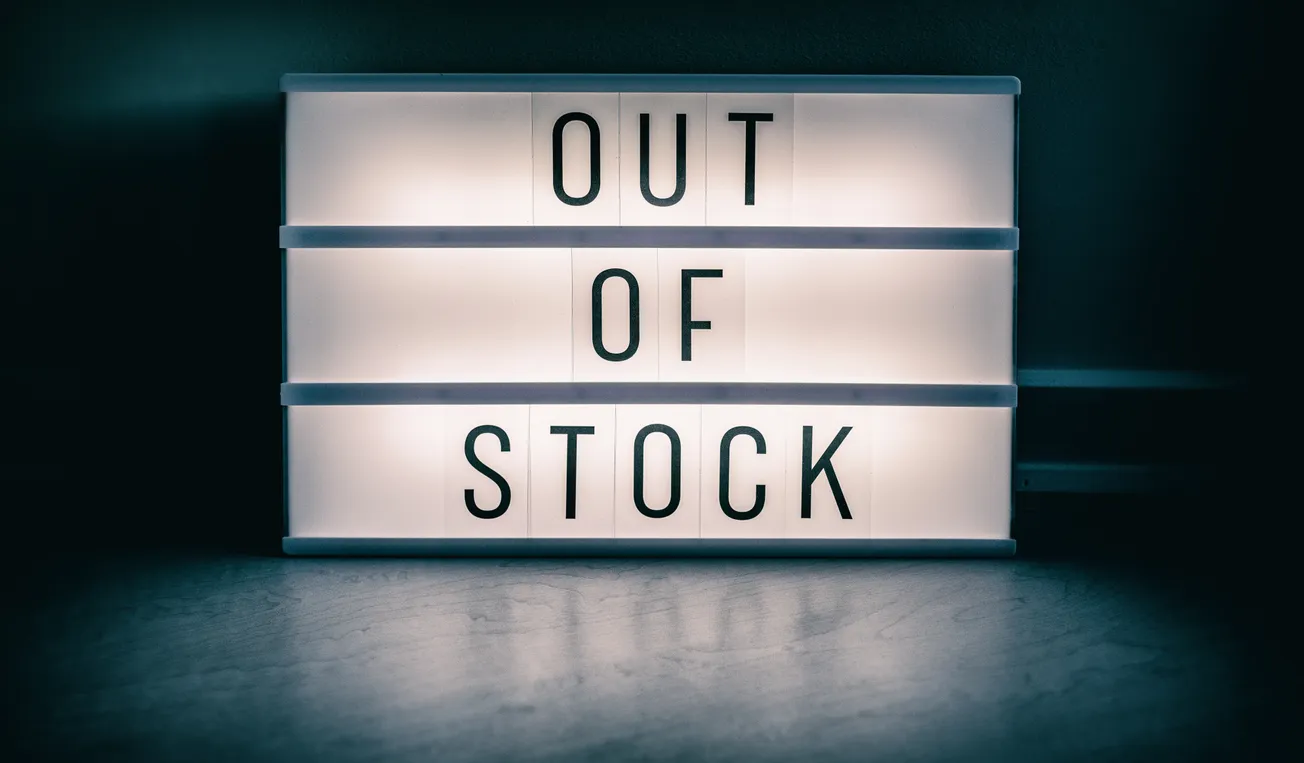The 2024 holiday shopping season is shaping up to be one of the most dynamic in recent memory, as retailers and consumers navigate the intersection of traditional in-store Black Friday shopping with a continually rising tide of online sales.
With new trends in early promotions, digital sales, and evolving customer expectations, industry players like Walmart, Target, Best Buy, and others are rolling out comprehensive strategies to capture consumer attention across all channels. The focus this year? Balancing the allure of in-store experiences with the convenience and expanding dominance of e-commerce.
Retailers are ramping up Black Friday deals earlier than ever before, signaling a trend toward extended holiday promotions. Many brands are aiming to engage shoppers who prefer to begin their holiday shopping well ahead of Black Friday, with promotions beginning in early November. The shift reflects a decade-long increase in digital shopping, especially during the holiday season.
In 2014, e-commerce accounted for only about 6.4% of all U.S. retail sales, a figure that has steadily climbed, reaching around 15.7% in 2023. This digital shift is expected to continue into 2024, with online shopping playing an increasingly critical role in Black Friday sales. In fact, online purchases are projected to comprise 58% of total Black Friday sales this year, a testament to how digital platforms are now central to the shopping experience.
Consumer behavior over the last ten years has also demonstrated a growing reliance on mobile shopping. Smartphones accounted for 54% of online sales in 2024, up from 47% in 2023, as consumers increasingly value shopping convenience.
This shift is coupled with a demand for efficient, quick shipping options, with retailers offering free shipping seeing conversion rates as much as 20% higher during the holiday rush. The National Retail Federation forecasts a holiday spending increase between 2.5% and 3.5%, despite economic uncertainties, suggesting consumers still plan to indulge in holiday shopping, with the average consumer spending anticipated to reach $902 this year.
As one of the major players in the retail sector, Walmart is taking a highly calculated approach to Black Friday this year. The retailer has structured its Black Friday deals into multiple stages, aiming to capture customer attention throughout November. Walmart’s early online sale kicks off on November 11, with in-store deals launching on November 15. This multi-phase approach includes additional online deals starting November 25, in-store specials on Black Friday itself, and a dedicated Cyber Monday sale on December 1.
Following similar strategies, other major retailers have developed extended Black Friday timelines to accommodate early and online shoppers. Target, for example, began its Black Friday deals on November 1, featuring discounts of up to 50% and the return of its "Deal of the Day" promotion, a tactic designed to drive traffic and sales by offering limited-time, daily deals in the lead-up to Christmas.
Best Buy also kicked off its Black Friday deals on November 8, with weekly “doorbuster” deals dropping every Friday and special early access for Best Buy Plus and Total members. The Best Buy Black Friday sale will culminate on November 29, with additional Cyber Monday deals beginning on December 1.
The extended Black Friday trend is not limited to American retailers. In the UK, Currys, a major electronics retailer, is offering Black Friday deals throughout November, with discounts on high-demand items like Dyson products, Nespresso machines, and Samsung laptops. Currys has coupled its promotions with a price match policy and flexible delivery options, ensuring it remains competitive against both online and brick-and-mortar counterparts during the busy shopping season.
Despite the uncertainties in the economic landscape, consumers are expected to continue spending on holiday-related items, with a slight rise in overall holiday sales anticipated this year. According to the National Retail Federation, total holiday sales are expected to reach between $980 billion and $990 billion, a 2.5% to 3.5% increase from last year, though growth has slowed compared to previous years. The economic challenges of 2024 have influenced consumer priorities, prompting many to embrace early shopping and online deals to spread holiday spending over time and avoid last-minute stress. Nearly 42% of early shoppers cite unbeatable early deals as their primary motivator, highlighting the effectiveness of early and extended promotions in capturing consumer interest.
While online shopping dominates much of the conversation around Black Friday, brick-and-mortar stores continue to play an essential role in the holiday shopping experience. In 2023, over 76 million people shopped in-store on Black Friday, a 4.5% increase from the previous year.
Despite the popularity of e-commerce, many consumers enjoy the tradition of in-store shopping on Black Friday, benefiting from immediate access to products and in-store-exclusive deals. However, with 58% of total Black Friday sales projected to come from online channels in 2024, retailers are balancing in-store experiences with robust digital platforms to offer flexibility and attract a broader audience.
For the past decade, retailers have been refining their digital strategies to adapt to changing consumer habits, leading to the current mix of online and in-store sales strategies that define Black Friday today.
Artificial intelligence and machine learning are increasingly employed by retailers to personalize customer experiences and recommend products based on previous purchases or browsing history. In 2024, around 30% of major online retailers are leveraging AI to enhance their customers’ shopping journeys, and 20% are exploring live shopping events on social media platforms, which have become increasingly popular with younger demographics.
The 2024 Black Friday season exemplifies the adaptability and innovation of the retail industry. As digital sales continue to rise and the tradition of in-store Black Friday shopping remains steadfast, retailers like Walmart, Target, and Best Buy are navigating this complex landscape by offering extended sales, exclusive online deals, and enhancing customer experiences through digital channels.
Consumers can expect a wide variety of deals and promotions, underscoring the retail industry's commitment to meeting evolving shopping preferences. With a blend of digital and in-person options, the 2024 holiday season promises a Black Friday experience that caters to all shopping preferences in an increasingly interconnected marketplace.








